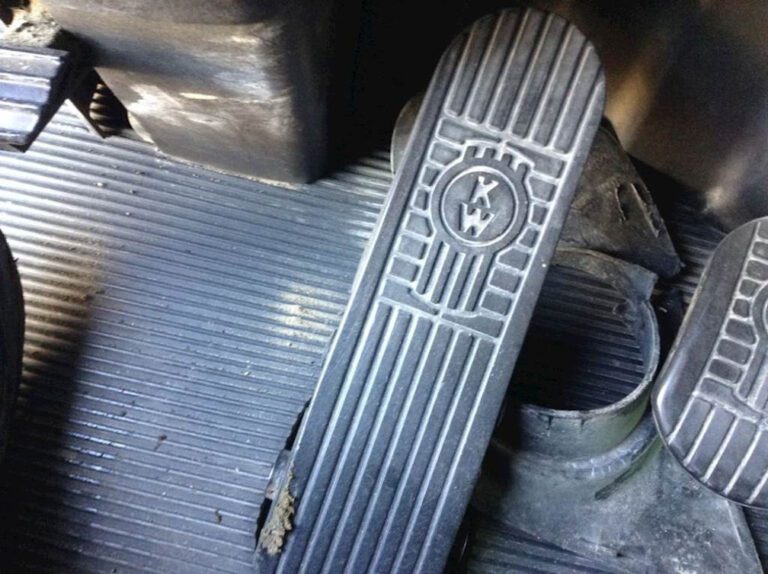WASHINGTON — The Commercial Vehicle Safety Alliance (CVSA) has scheduled this year’s Brake Safety Week for Aug. 20-26 with a focus on brake lining/pad violations.
During Brake Safety Week, commercial motor vehicle inspectors highlight the importance of brake systems by conducting inspections of their components and removing commercial motor vehicles found to have brake-related out-of-service violations from our roadways until those violations are corrected, according to the CVSA.
Throughout Brake Safety Week, CVSA-certified inspectors will conduct their usual inspections; however, in addition, they will be reporting brake-related inspection and violation data to the Alliance. CVSA will compile that data and publish a press release this fall with the results.
“The focus of this year’s Brake Safety Week is on the condition of the brake lining and pad,” said CVSA President Major Chris Nordloh with the Texas Department of Public Safety. “Brake lining and pad issues may result in vehicle violations and could affect a motor carrier’s safety rating.”
When inspectors conduct the brake portion of a Level I or Level V Inspection, they will:
- Check for missing, non-functioning, loose or cracked parts.
- Check for contaminated, worn, cracked and missing linings or pads.
- Check for S-cam flipover.
- Listen for audible air leaks around brake components and lines.
- Check that slack adjusters are the same length (from center of S-cam to center of clevis pin) and the air chambers on each axle are the same size.
- Ensure the brake system maintains air pressure between 90-100 psi (620-690 kPa) and measure pushrod travel.
- Inspect for non-manufactured holes (e.g., rust holes, holes created by rubbing or friction, etc.) and broken springs in the spring brake housing section of the parking brake.
- Inspect required brake system warning devices, such as anti-lock braking system (ABS) malfunction lamp(s) and low air-pressure warning devices.
- Inspect the tractor protection system, including the bleedback system on the trailer.
- Ensure the breakaway system is operable on the trailer.
Brake safety awareness, education and outreach are major elements of the Brake Safety Week campaign. CVSA has outlined the brake-system inspection procedure (noted above) so that drivers and motor carriers know exactly what inspectors will be checking during roadside inspections. This transparency aims to remind drivers and motor carriers to take proactive steps to ensure their commercial motor vehicles are safe and compliant with Federal Motor Carrier Safety Regulations. Improperly installed or poorly maintained brake systems can reduce the braking capacity and stopping distance of trucks or buses, which poses a serious safety risk.
The Trucker News Staff produces engaging content for not only TheTrucker.com, but also The Trucker Newspaper, which has been serving the trucking industry for more than 30 years. With a focus on drivers, the Trucker News Staff aims to provide relevant, objective content pertaining to the trucking segment of the transportation industry. The Trucker News Staff is based in Little Rock, Arkansas.











